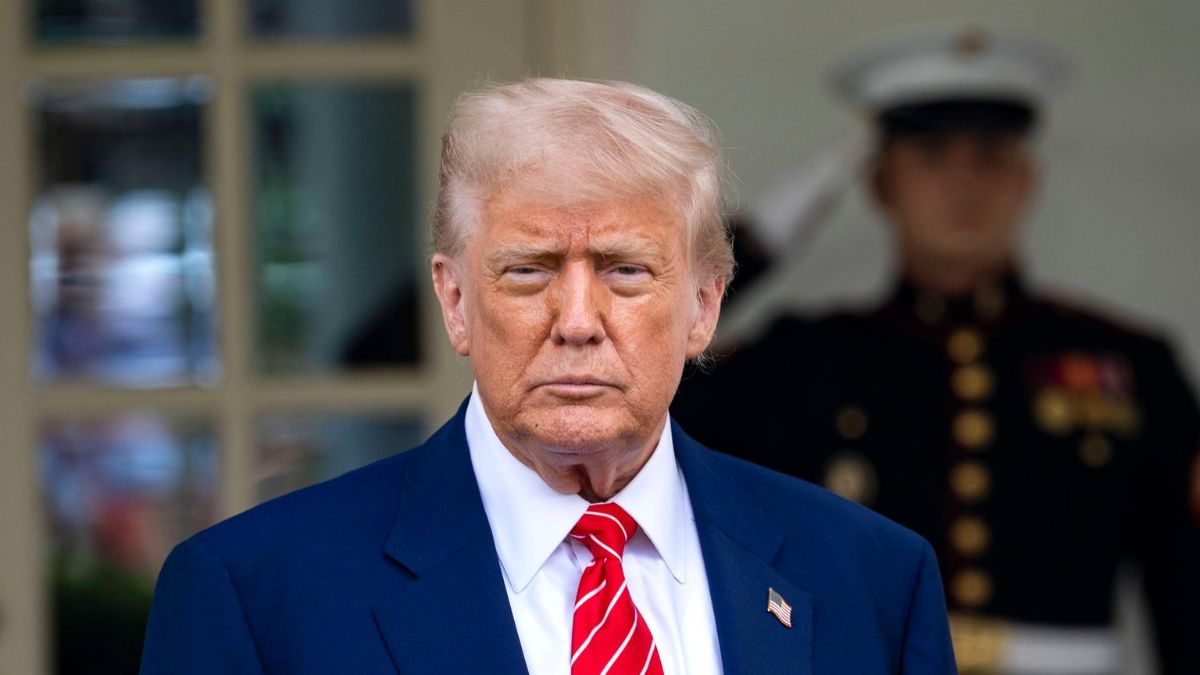Bank of America says the political and economic environment in twenty twenty six may become easier for markets to handle. They think the Trump administration will likely shift toward friendlier policies. This means less regulation and softer trade tensions as the midterm elections get closer. They believe this change will remove some of the stress that dominated the past year.
BofA is not saying the problems of twenty twenty five will suddenly vanish. The tariff shock. The unstable policy climate. The pressure on global supply chains. They think all of this will still be around. But they expect these issues to soften rather than stay harsh.
The bank’s economists, led by Claudio Irigoyen, say uncertainty will stay high. But they believe Trump will try to calm markets instead of shaking them. They think he will loosen rules and try to reduce trade fights because those moves usually help politically during election years.
They also say the temporary twelve month peace between the United States and China should help. So should an upcoming Supreme Court ruling tied to the president’s trade powers. And the new round of USMCA negotiations. They think all of these will likely bring more good news than bad.
BofA sees twenty twenty six as an extension of the problems built up in twenty twenty five. But the bank also sees a shift toward friendlier policies that reduce the risk of big negative surprises. They note that the U.S. approach to trade has already started to change. They point to the recent U.S.–China agreement as proof. The trend now seems to be moving from fighting toward settling.
They believe this more peaceful tone will continue during the election year. That means fewer sudden tariff attacks and less uncertainty for companies planning their supply chains.
The economists say Trump’s earlier negotiating style sometimes boosted global growth. He often created fear that pushed companies to import more before rules changed. That effect is now fading as trade tensions cool down.
They expect Trump to keep reducing trade tensions because unpredictable policy does not help in elections. And that drop in unpredictability is one of the reasons BofA has raised its global growth forecast. They now expect the world economy to grow three point three percent in twenty twenty six and three point four percent in twenty twenty seven. They say this improvement is due to better expected growth in the United States and China as well as more government spending around the world.
BofA also says these policy changes matter because the economy is still uneven. The AI boom. Extra global liquidity. And uneven wealth gains. These have created what they call a K shaped economy. This means higher income groups are spending more while lower income groups are not catching up. A calmer policy environment helps prevent these gaps from widening.
They also think the U.S. economy will benefit from friendlier trade conditions and strong investment linked to AI. Better financial conditions and extra liquidity around the world should continue to support stock prices.
But they still warn about risks. Global liquidity could tighten. Government deficits are high. And the AI cycle still puts stress on supplies and production. These problems could create new shocks.
Even with those risks, the bank believes Washington is likely to focus on less regulation, smoother trade relations and lower political drama. If that happens, BofA says markets should face a more supportive environment as twenty twenty six approaches.


